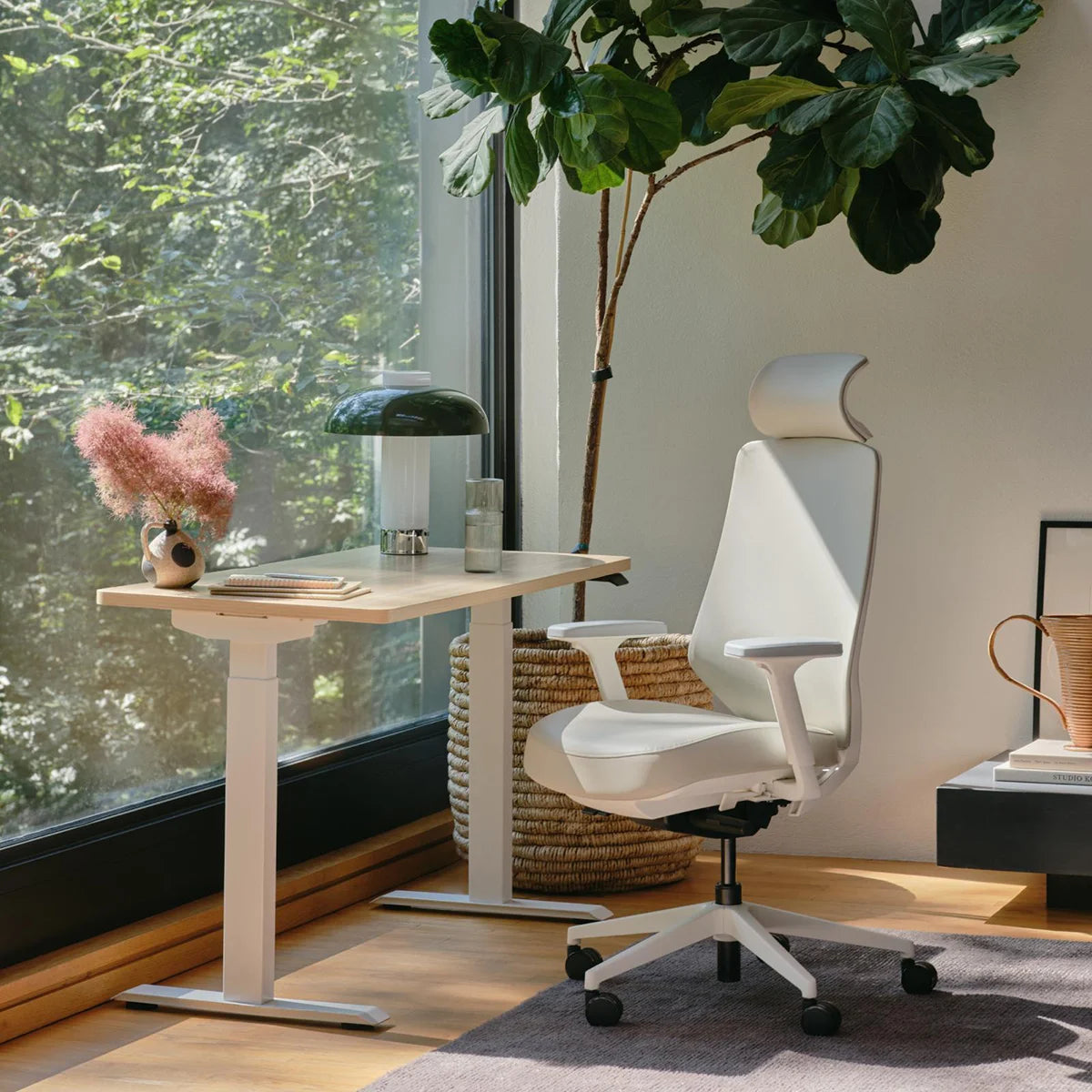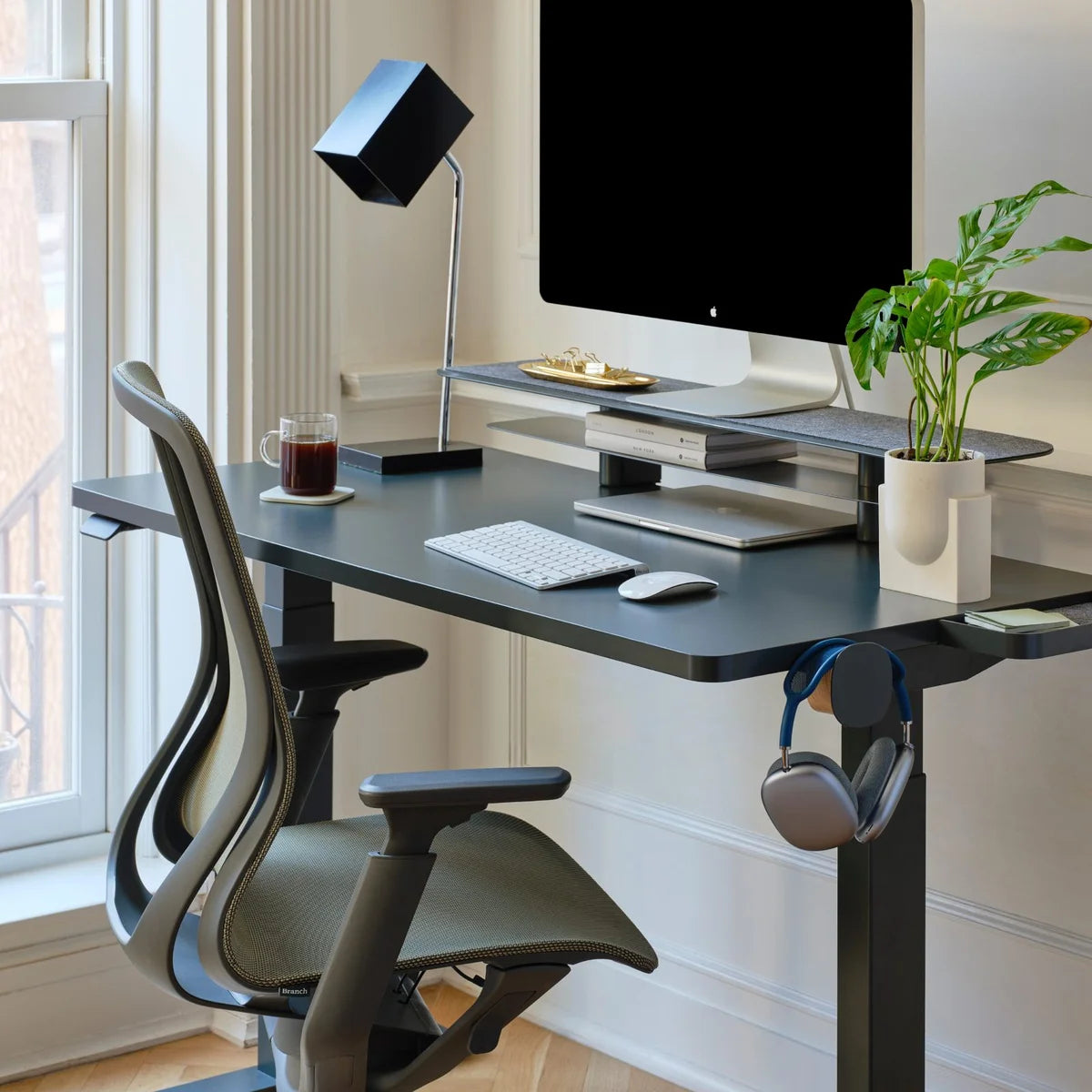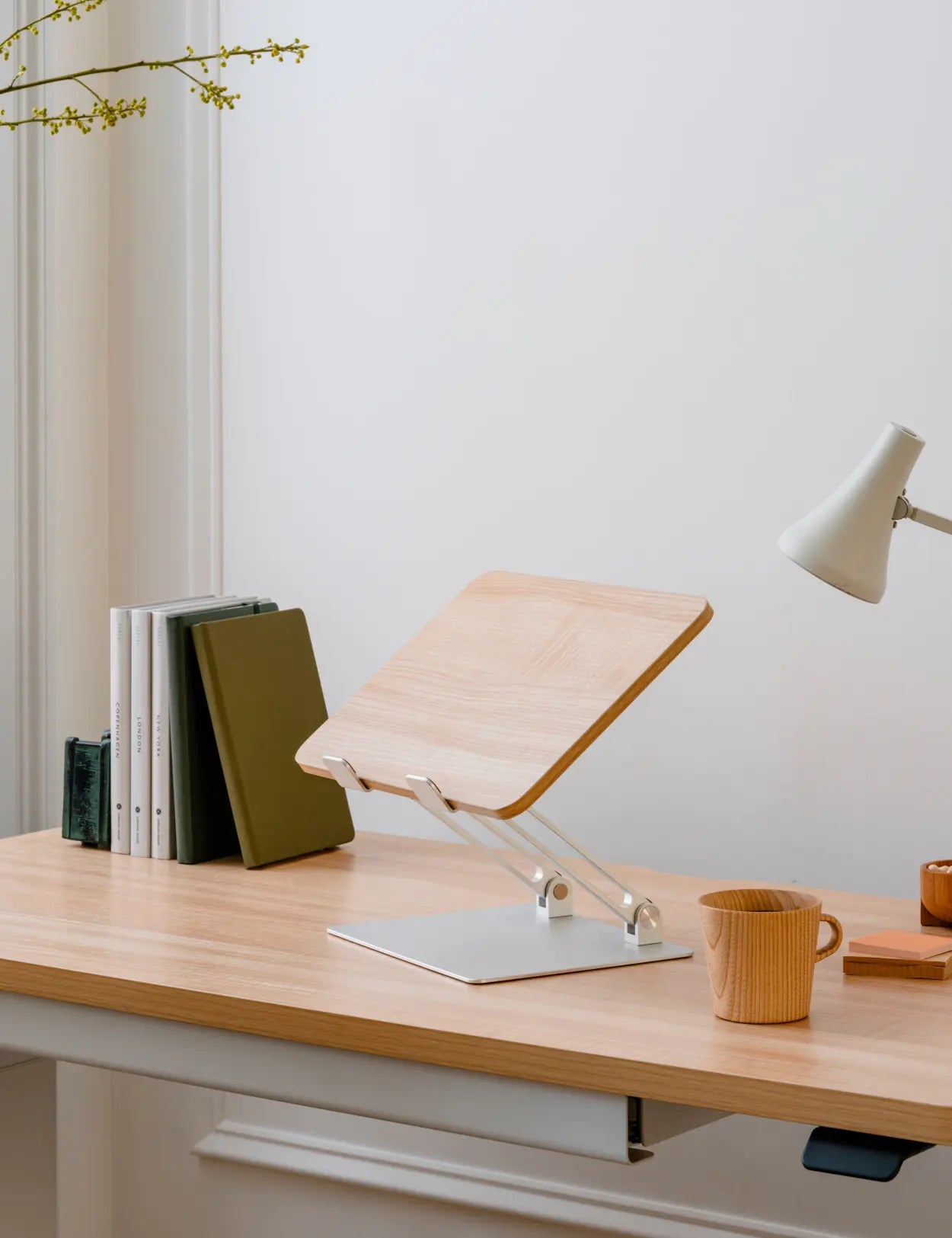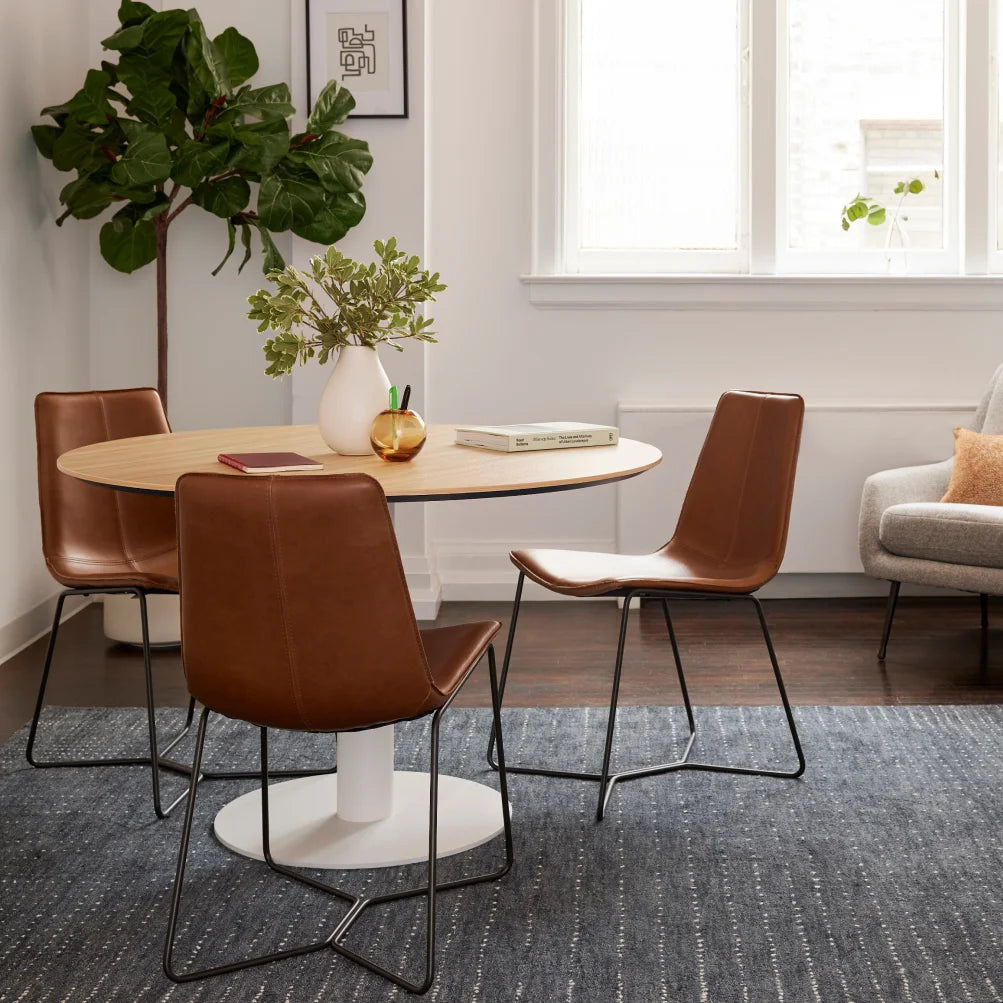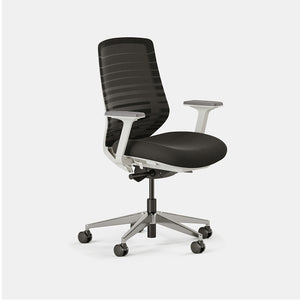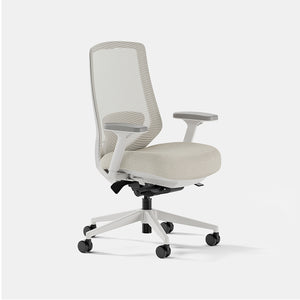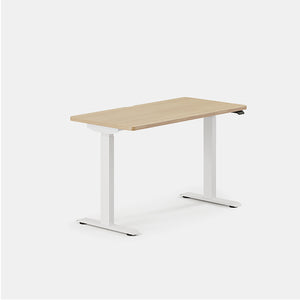Office hoteling allows employees to reserve spaces as needed instead of providing each person with an assigned desk. As a result, it can help reduce real estate costs for businesses and improve productivity for employees who split their time between remote and on-site work environments.
It looks like hoteling spaces are here to stay in the new normal, as many workers now prefer the option to work from home at least some of the time. And since the benefits of office hoteling extend to employees and businesses alike, it's a welcome change.
This guide will explore what office hoteling is and how it can add value to your business. We've also included tips for creating a hoteling space your employees will love.





